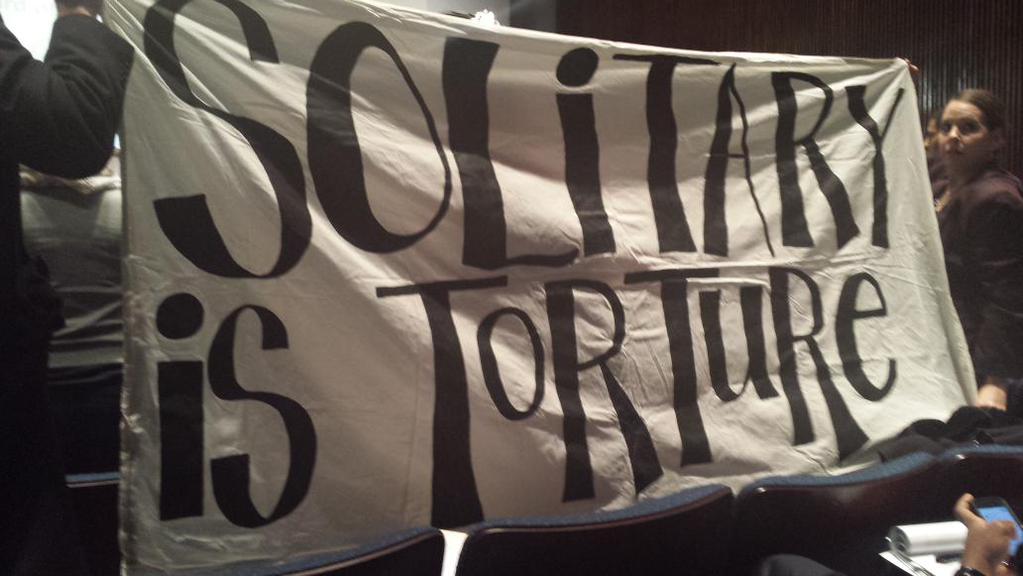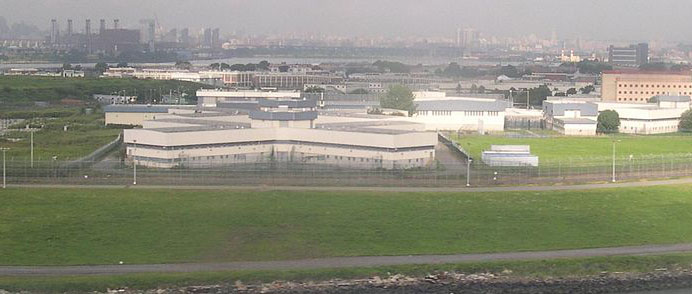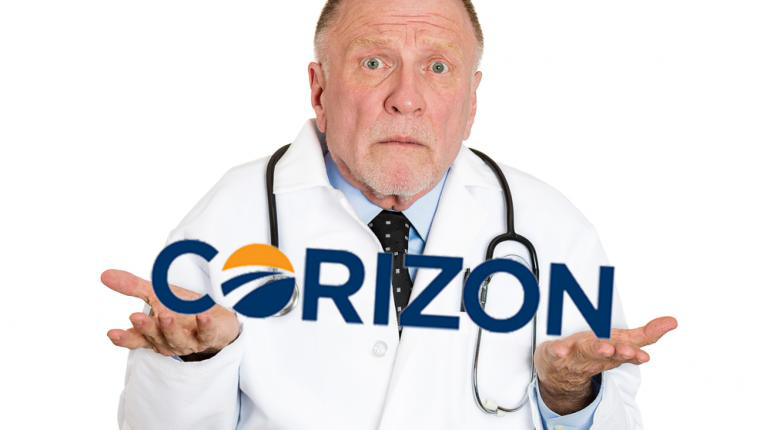The New York State Commission on Correction released a new report this week, detailing the findings from its investigation into the horrific and preventable death of mentally ill black inmate, Bradley Ballard.
Ballard was left in his cell for six days straight in September, 2013. Guards shut the water off to his cell for over four days, and not once during that time was he treated for his schizophrenia and diabetes. On the rare occasion that he was seen by a medical worker, their talks did not last for more than a minute at a time. He was eventually found naked on the floor, covered in feces and urine with a rubber band wound tightly around his cut and infected genitals. Ballard would go into cardiac arrest just a few minutes after being removed from his cell and die from “diabetic ketoacidosis due to withholding of his diabetes medications complicated by sepsis due to severe tissue necrosis of his genitals as a result of self-mutliation.” The commission agreed with earlier assessments that Ballard’s death was, in fact, a homicide.
We’ve known a few of the major details of this case since his family filed a lawsuit on his behalf a few months back. But this report contains more explicit details of Ballard’s mistreatment that should reinforce the intense unease prisoners’ and their advocates feel over the continued role and impunity of Rikers’ for-profit inmate healthcare provider, Corizon Health Services, which will soon oversee inmate care in Rikers’ soon-to-be-constructed $14.8 million super-solitary unit known as the ESHU.
Between generous redactions, we are afforded a glimpse at the disturbing reality prisoners’ face under the care of Corizon staff and Rikers’ corrections officers. You should read the actual report because you can’t beat primary sources, but I’ll admit it is a bit cumbersome given the heavy blocks of redacted text and it’s call-and-response format. I created this annotated version of the report to organize the components a bit more logically, which I hope is helpful to some readers.
The commission does not mince words or shy away from assigning blame. It calls out Corizon repeatedly and unequivocally for “substandard medical and mental health treatment.” They write that Corizon’s work was “so incompetent and inadequate as to shock the conscience,” and that Ballard would have survived had he received the appropriate care. Corizon staff are said to have shown “deliberate indifference to Ballard’s serious medical needs by collectively failing to provide the very basics of medical care and failing to take appropriate action in a timely manner to a medical emergency.”
Ultimately, the commission writes, “The lack of coordinated care for and mismanagement of Ballard’s [redacted] represents grossly negligent medical care by Corizon, Inc., endangered Ballard’s life and subsequently caused his death.” Continue reading






